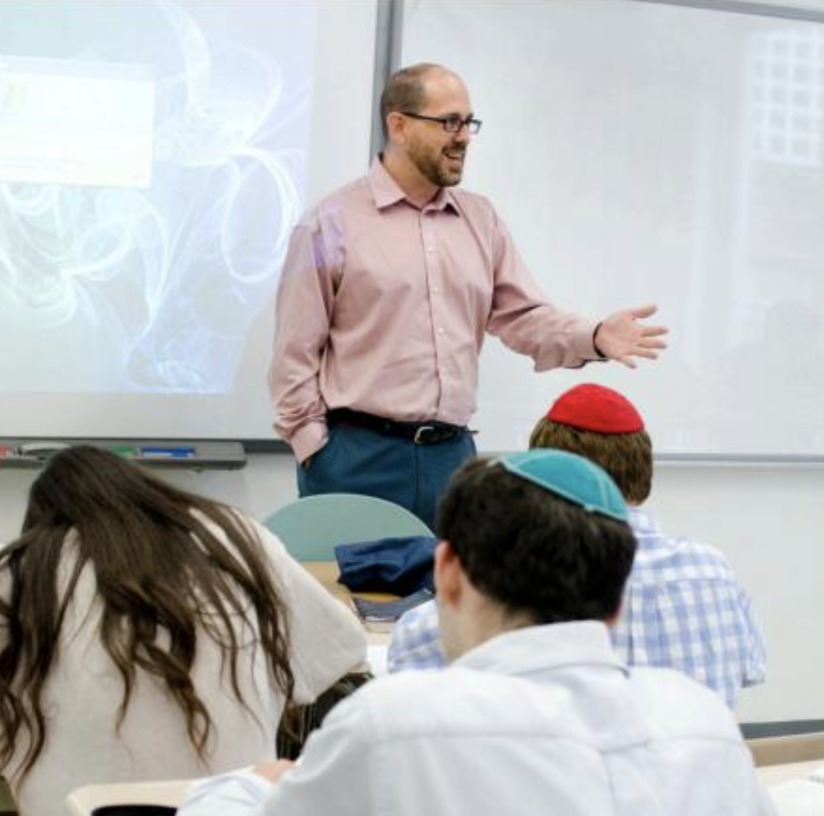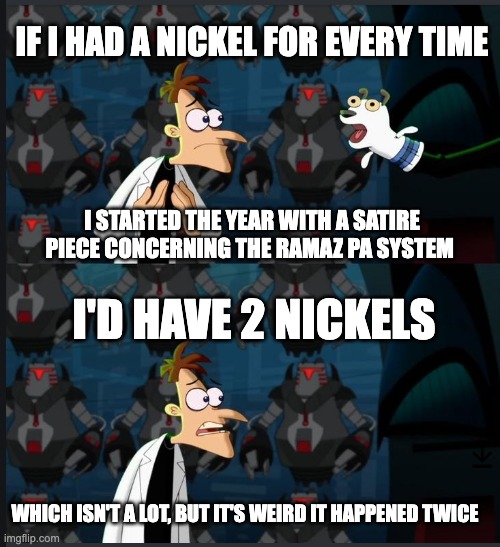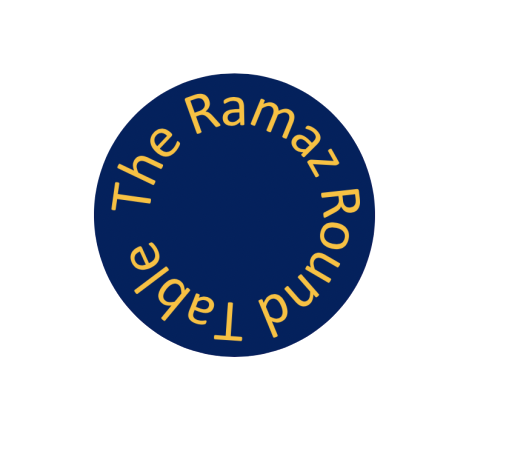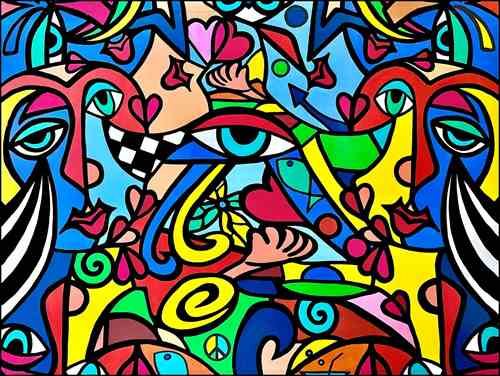Is it Appropriate for Ramaz to Study the Works of Anti-Semites?
Anti-Semitism has basically existed since the emergence of the Jewish people. Sadly, some of history’s greatest figures harbored a deep hatred for Jews, notable examples being Roald Dahl and T.S. Eliot. This raises an interesting question: should Ramaz, a religious Jewish institution, include the works of known anti-Semites in its courses? Though there are solid arguments in favor of both sides, I would argue that Ramaz should indeed include these works.
From a pragmatic standpoint, excluding the works of anti-Semites would be somewhat challenging, especially when considering works that are quite old. After all, anti-Semitism was incredibly common even as recently as 60 years ago, so many writers probably held anti-Semitic beliefs. Roald Dahl, author of renowned books like Charlie and the Chocolate Factory and Matilda, allegedly told a British magazine in 1983 that “there is a trait in the Jewish character that does provoke animosity… Even a stinker like Hitler didn’t just pick on them for no reason.” In fact, his family just recently published an apology for his repulsive comment. T.S. Eliot, one of the most famous poets of the twentieth century, also most likely loathed Jews. In a series of lectures in 1933, he wrote, “What is still more important [than cultural homogeneity] is unity of religious background, and reasons of race and religion combine to make any large number of free-thinking Jews undesirable.” The list of anti-Semitic writers is sure to be much longer. If Ramaz were to omit the works of all these writers, the quality of education would certainly decrease.
Others may argue that reading and studying the works of anti-Semites is essentially condoning their behavior, accepting their beliefs as appropriate. Not to mention, by purchasing the work of an anti-Semite, you are contributing money to them or their family.
While I do acknowledge these legitimate concerns, I think it is more important to recognize that all human beings have serious flaws. Some flaws are obviously more serious than others. We should condemn anti-Semitism, as well as other forms of bigotry, in the strongest of possible terms. However, that does not mean that we should erase the accomplishments of impressive historical figures with complicated legacies. Doing so would have disastrous consequences. How would we decide which character flaws are tolerable or intolerable? Can we read books authored by racists? What about abusive parents or violent criminals? Nonviolent criminals? Attempting to make distinctions between the endless types of character flaws is essentially impossible. The easiest and best course of action is to teach the works of controversial figures while acknowledging their shortcomings. Ramaz should definitely teach its students the works of anti-Semites, so long as this is done within a nuanced framework.




